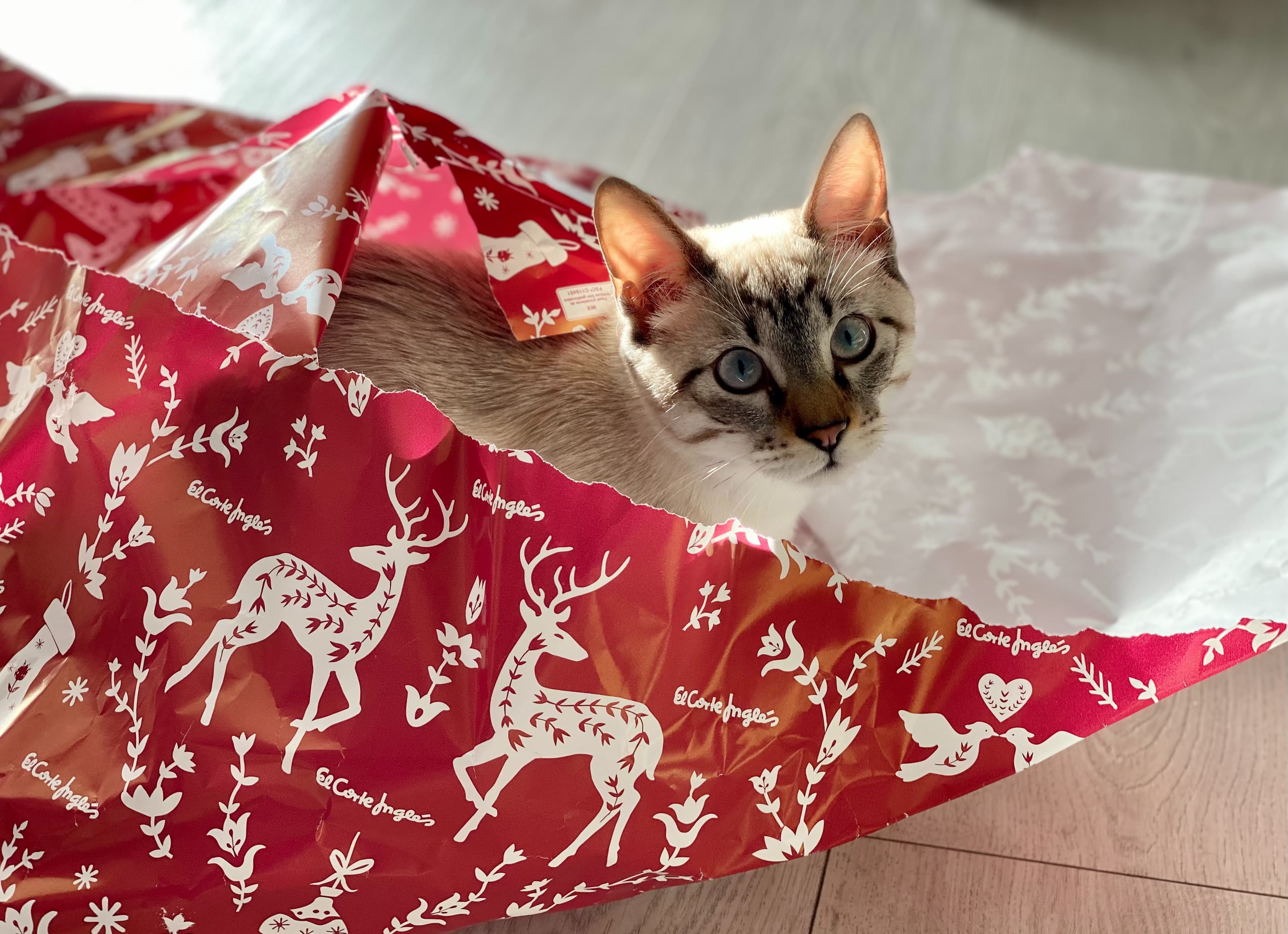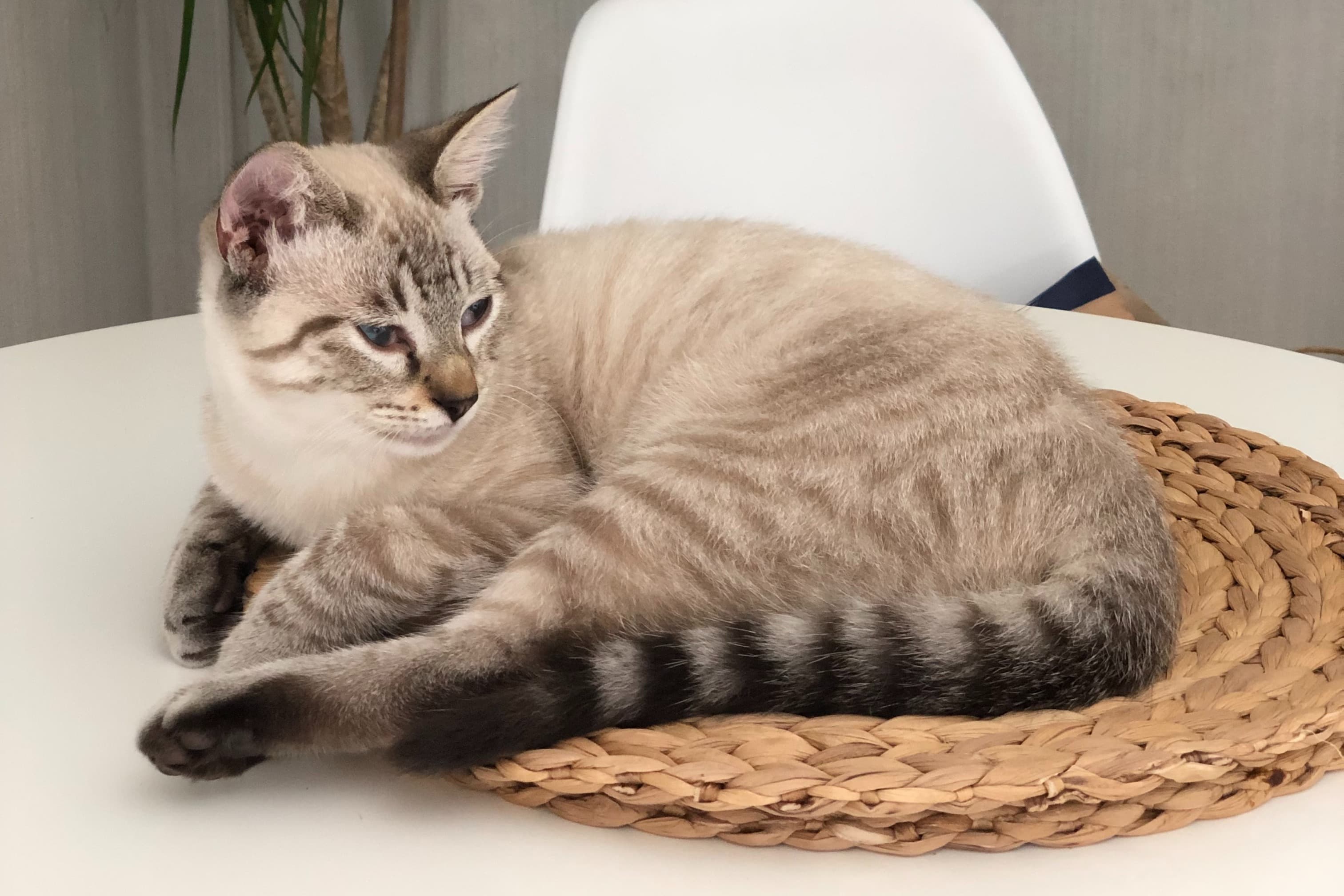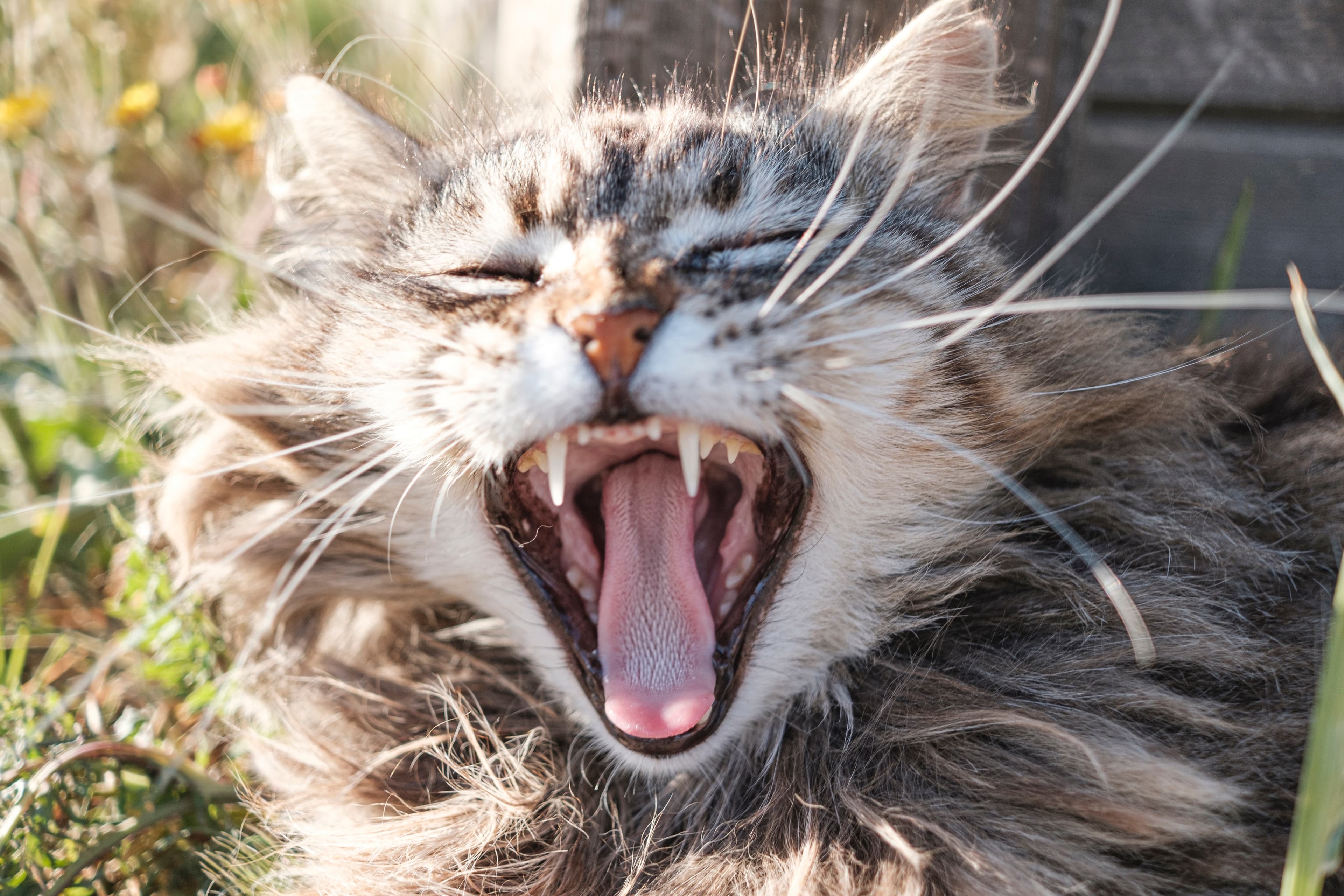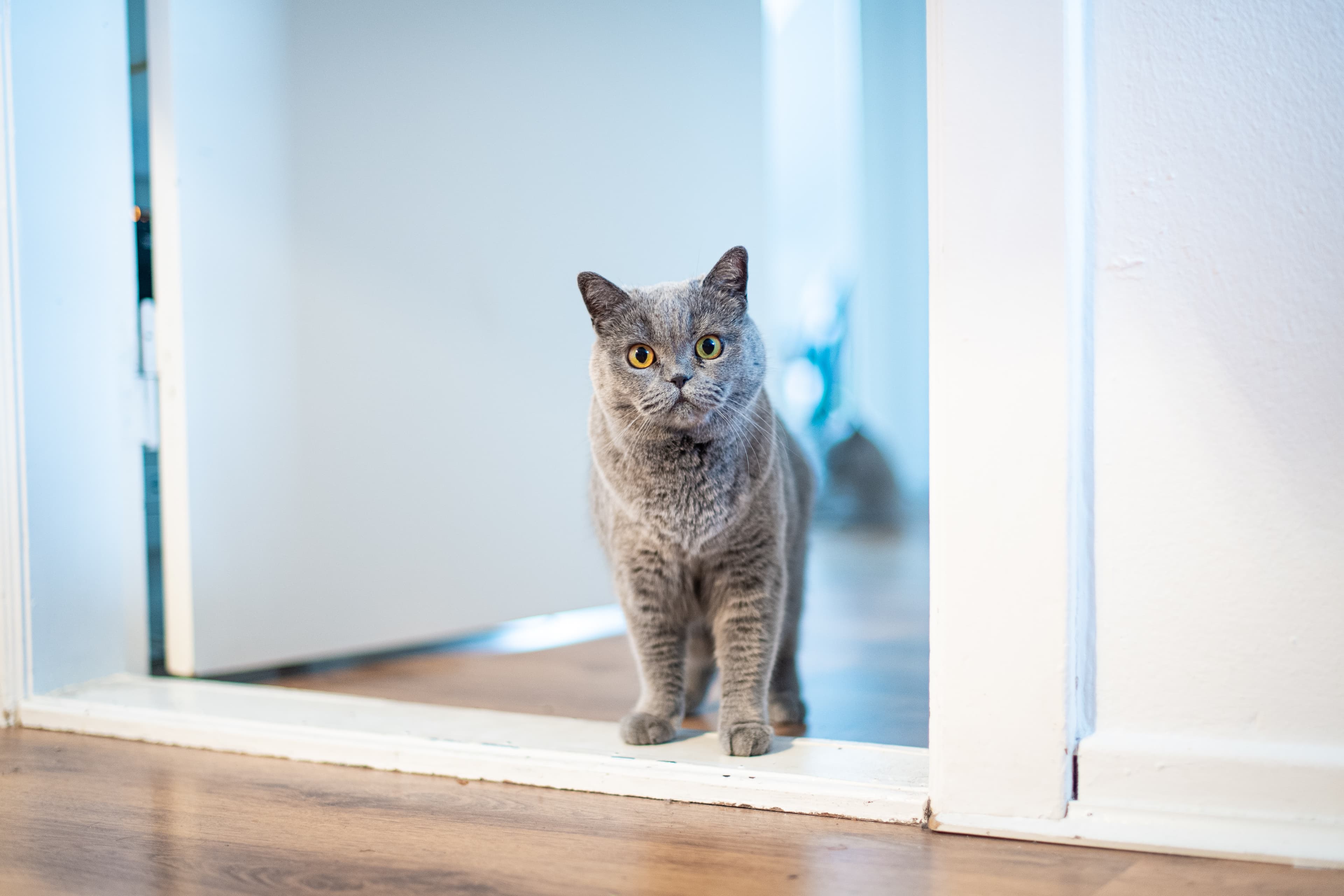Christmas foods that are dangerous for your cat
Christmas dinner is often fatty and salty.
Not only is that unhealthy for cats, but sweets, nuts, and other foods should also be off-limits. Our list shows you what to watch out for at Christmas.
Christmas pastries
Christmas pastries are a beloved part of our holiday celebrations. However, for cats, they can be very harmful:
Fermented dough is dangerous because it continues to rise in the cat's stomach and produces ethanol. The ethanol enters the bloodstream, which can cause alcohol poisoning in your cat. The cat may appear intoxicated, with lowered blood sugar and blood pressure. This can lead to shock and seizures, which can be fatal in the worst-case scenario.
Gingerbread and other Christmas treats with strong spices can also cause stomach issues for your pet. So, if you don't want to spend Christmas Eve cleaning up the floors, it's best to avoid giving your cat any gingerbread.
Nuts
Nuts can get stuck in the throat or intestines. In such cases, quick first aid is crucial. Also keep in mind that certain nuts, like bitter almonds and macadamia nuts, are toxic to cats and should never be left within reach.
Onions
Onions are an ingredient in many Christmas dishes – for example, in meatballs or onion roasts. For cats, they are dangerous. Onions are toxic and can cause anemia. Remember: whether raw or cooked, onions are harmful to your cat. Symptoms after eating onions include vomiting, cramps, or loss of appetite.
Chocolate
Chocolate contains a substance called theobromine, which is dangerous for cats. The higher the cocoa content, the more dangerous the chocolate. Cats are much more sensitive to theobromine than humans. Even chocolate with low cocoa content can be harmful. Therefore, chocolate should never be given to cats.
Symptoms of chocolate poisoning include vomiting, diarrhea, rapid heartbeat, and seizures. It doesn't take much chocolate to become dangerous for a cat!
Grapes
Both raisins and grapes are harmful to cats. In the worst cases, they can cause kidney failure. So, there should be no bowls of these fruits within your cat's reach.
Take care of your cat's well-being
Unfortunately, you can't always see what your little companions are putting in their mouths. That’s why it’s important to keep an eye on your cat’s health – especially around Christmas.
If your cat becomes lethargic, starts trembling, vomits, or shows any other changes in behavior, you should always consult a veterinarian. Keep in mind that there are many more foods than the ones listed above that can make your cat sick.
For this reason, you should only give your cat food that’s specially tailored to their needs and avoid feeding them table scraps. That way, you can help prevent illness.
Also remember: even common holiday plants can make your cat sick at Christmas – including orchids, lilies, and tulips.






